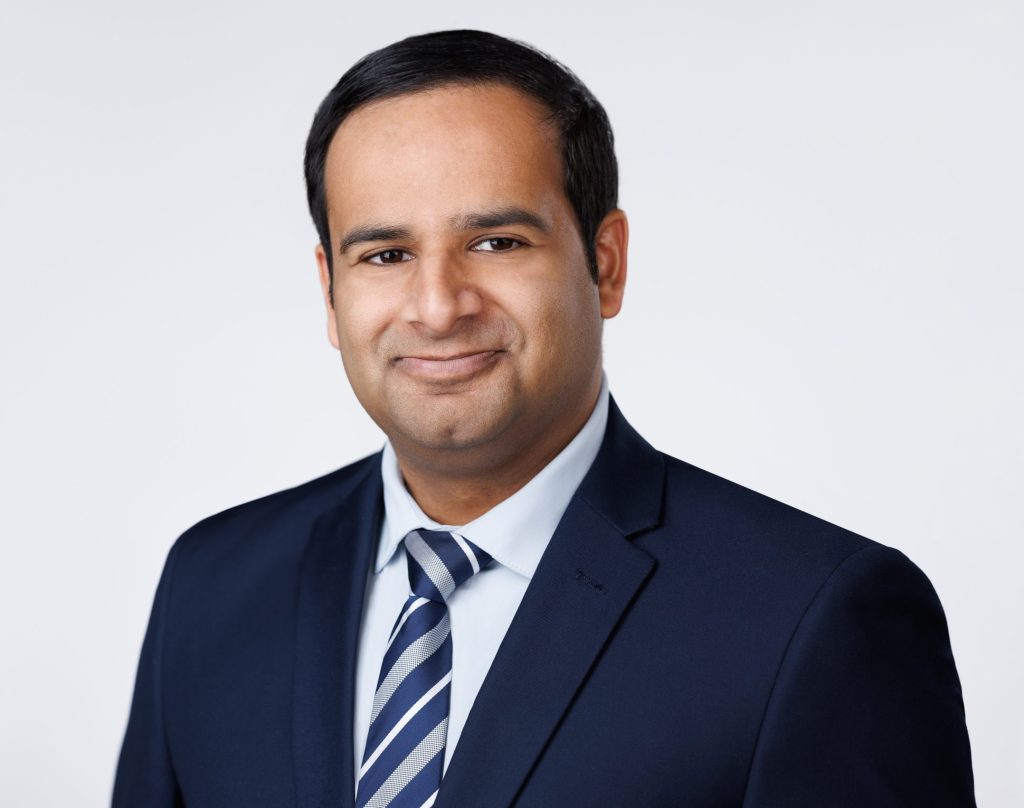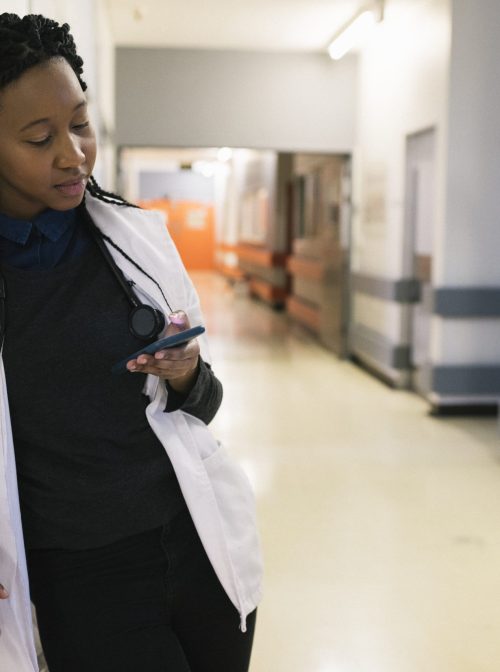As I prepare to graduate from my dermatology residency in a few months, I found myself reflecting on the start of my journey in medical school.
I was always told that applying for dermatology was “impossible” since you needed to start research from “day one of medical school” to stand a chance of matching. Although I found this conventional wisdom discouraging, I was able to achieve my dream of becoming a dermatologist due to the help of strong mentors. Therefore, I was eager to give back to the dermatology community and become a mentor myself. And when I was paired with a medical student who shared my interests in Islam, interfaith dialogue, and dermatology, I was thrilled!
While co-directing a Zoom panel discussion for medical students about faith and health, I connected with a motivated medical student eager to integrate her interests in Islam and interfaith dialogue with dermatology. Since she did not have a dermatology program at her medical school, applications would be an uphill battle. After we became formally acquainted as a mentor-mentee pair, we developed a plan of action focused on finding dermatology research and shadowing opportunities that would give her a head start in the application process.
Although the conventional wisdom at my medical school was exaggerated, it is true that dermatology is one of the most competitive subspecialties in medicine, and students will find it much easier to match successfully if they begin planning their application from an early point in their education. Due to the COVID pandemic, standardized tests have become de-emphasized, and students from highly ranked medical schools and with personal connections in medicine often have access to more opportunities compared to those from lesser-known schools. Unfortunately, these barriers to dermatology applications are unsurmountable for many students of diverse backgrounds, and this partially explains why dermatology has the dubious distinction of being among the least diverse medical subspecialties. There have been several institution-wide efforts to remedy this issue, including a position statement by the American Academy of Dermatology on recruiting diverse candidates; however, these initiatives do not explicitly focus on interfaith diversity.
What began as a discussion has now evolved into a nationwide effort to connect Muslim medical students with mentors eager to give back to the field.
After discussing these challenges with several of my colleagues at the American Academy of Dermatology (AAD) national meeting, we collaborated and formed WhatsApp messaging groups focused on finding mentorship for Muslim students interested in dermatology. These groups are modeled from a longstanding WhatsApp group for practicing Muslim dermatologists to discuss difficult patient cases in a judgment-free environment, as well as share their research, and foster networking. Dermatology is a visual specialty, and WhatsApp allows us to easily send and comment on de-identified photos in an encrypted manner. Many of the senior dermatologists expressed interest in mentoring medical students, and they were eager to join our “spinoff” group and begin offering research projects and shadowing opportunities. What began as an informal WhatsApp thread of a few physicians and students has now grown into over 100 members.
Members of our group are active in helping each other with application and interview tips, as well as workshopping research projects specific to Islam and dermatology. Some of our ongoing projects include understanding religious practices that may cause allergic reactions, a review of prayer marks and their implications for skin health, and a historical analysis of dermatologic remedies recommended by Muslim holy figures. We plan to conduct additional webinars on how to incorporate one’s religious identity into residency applications, tips for virtual verses in-person interviews, and methods to select residency programs that can best support one’s religious identity.
What began as a discussion with a single student about application challenges has now evolved into a nationwide effort to connect Muslim medical students interested in dermatology with mentors eager to give back to the field. At the subsequent AAD meeting this past March, senior Muslim dermatologists organized a medical student symposium where students could introduce themselves to the group in person, present interesting cases, and network with conference attendees. This event was a roaring success, and we hope to make this a central part of our programming in the future.
By creating opportunities for individuals to connect and collaborate, we can help break down barriers and encourage more diverse individuals to pursue careers in dermatology. I am proud to have played a small role in these efforts and look forward to seeing the positive impact that my mentee and others in the field will continue to make.

Aamir Hussain is a dermatology resident physician practicing in the DC Metro Area. Aamir holds an MD and Master of Arts in Public Policy from the University of Chicago. He is a practicing Muslim who has been involved with interfaith activism since his undergraduate studies at Georgetown University. Aamir served on the front lines of the New York City coronavirus pandemic in March 2020 and has received several interfaith leadership grants to mentor students from underrepresented backgrounds in medicine. His interests are in medical education, health policy, and in the intersections between spirituality and healthcare. You can follow him on Twitter: @AamirNHussain or Instagram: @the_pun_isher_md.




